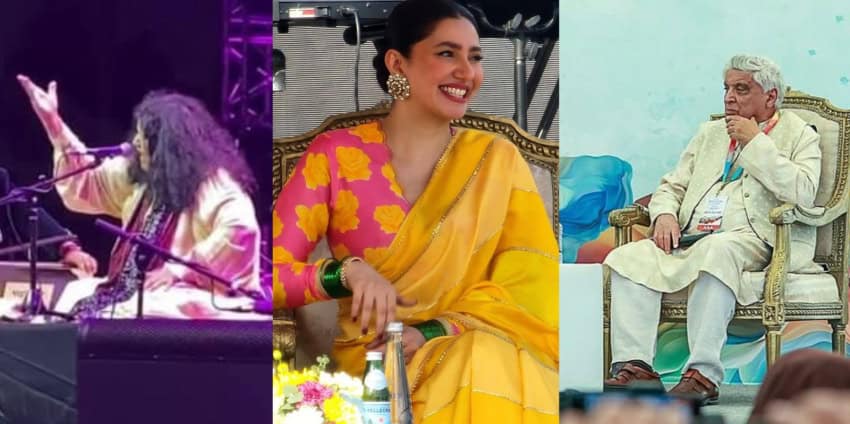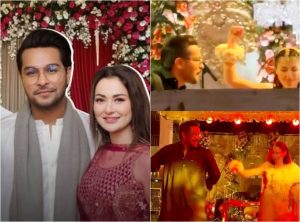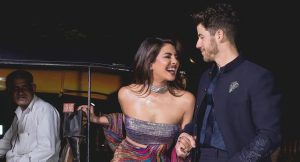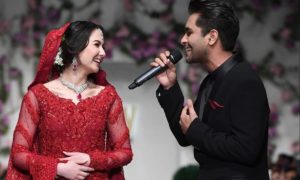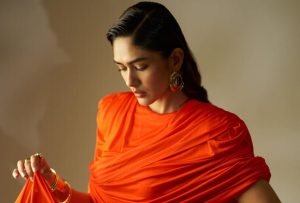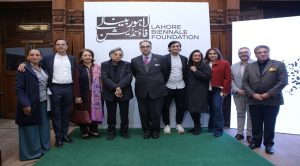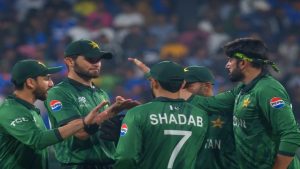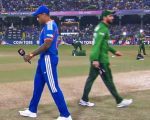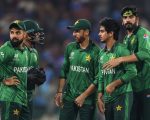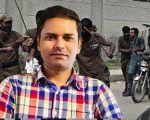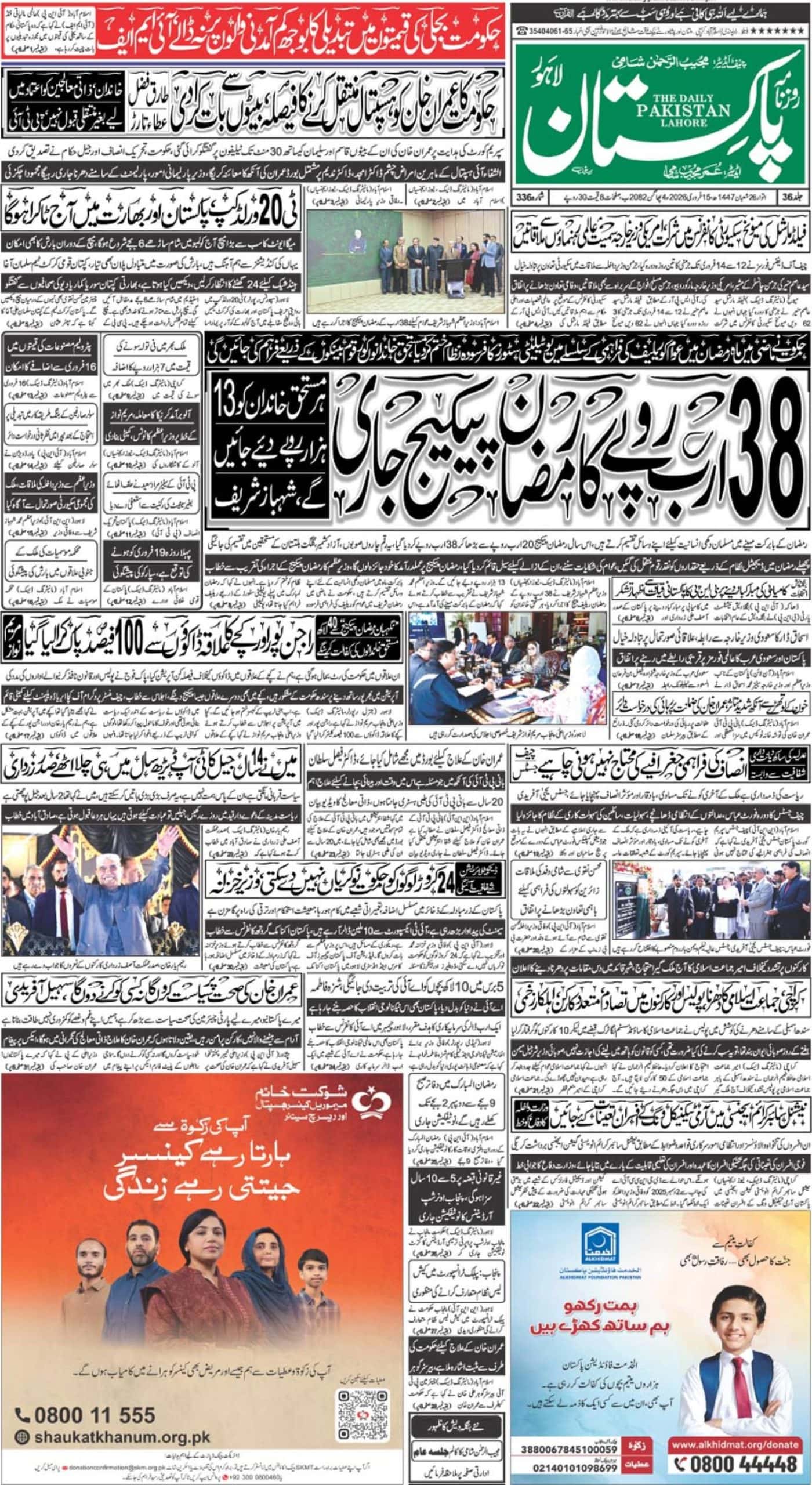Dubai’s Zabeel Park transformed into a vibrant oasis of poetry, music, and cross-cultural harmony as Jashn-e-Rekhta swept the city over three magical days. From January 27th to 29th, the festival wove a rich tapestry of events, captivating audiences with the power of the Urdu language and its artistic resonance.
The festival launched with a captivating panel, aptly named “Urdu Tehzeeb Aur Rishton Ki Lazzat.” Literary titan Javed Akhtar shared the stage with Pakistani human rights activist Arfa Sayeda Zehra and actor Adeel Hashmi, delving into the intricate connections between Urdu culture, meaningful relationships, and the broader socio-cultural landscape. Attendees were treated to a mesmerizing discourse, leaving them with a profound appreciation for the nuances of language and its impact on our lives.
Day two saw the charismatic Mahira Khan grace the stage alongside the legendary Shabana Azmi and Bollywood director Shekhar Kapoor. Their panel, titled “Kahaani Se Kirdaar Tak,” explored the fascinating world of storytelling and character building, showcasing the collaborative spirit that transcends borders. Mahira, expressing her delight at attending Jashn-e-Rekhta for the first time, emphasized the significance of such platforms in bringing artists together to celebrate shared artistic passions.
Adding another layer of insight, the panel “Mera Fann, Meri Zindagi” featured Samina Peerzada, Usmaan Peerzada, and Bee Gul. This session delved into the depths of the artistic journey, offering a glimpse into the motivations and challenges that fuel creative minds. Javed Akhtar returned to the stage for another intriguing discussion, further solidifying the festival’s commitment to showcasing the multifaceted brilliance of this literary maestro.
Jashn-e-Rekhta wasn’t just about words spoken, but also about music sung. “Shab-e Rafta,” a session of Sufi music on the first day, enchanted attendees with the mystical and soulful tunes of the Sufi tradition. The audience swayed to the captivating vocals of Abida Parveen, experiencing a spiritual dimension woven into the fabric of Urdu culture.
Parveen’s vocals, imbued with the wisdom of ages, painted stories of devotion and divine love. Each raag unfurled like a blooming lotus, enveloping the listeners in a fragrant mist of emotion. Swaying bodies became vessels of prayer, eyes closed in surrender to the music’s celestial embrace. Shab-e Rafta wasn’t just a performance; it was a pilgrimage, a whispered conversation between the human spirit and the infinite.
Jashn-e-Rekhta in Dubai wasn’t just a festival; it was a celebration of the enduring legacy of the Urdu language and its unifying power. It was a testament to the shared cultural heritage that transcends borders, woven together by the beauty of words, music, and the collective artistic spirit.

